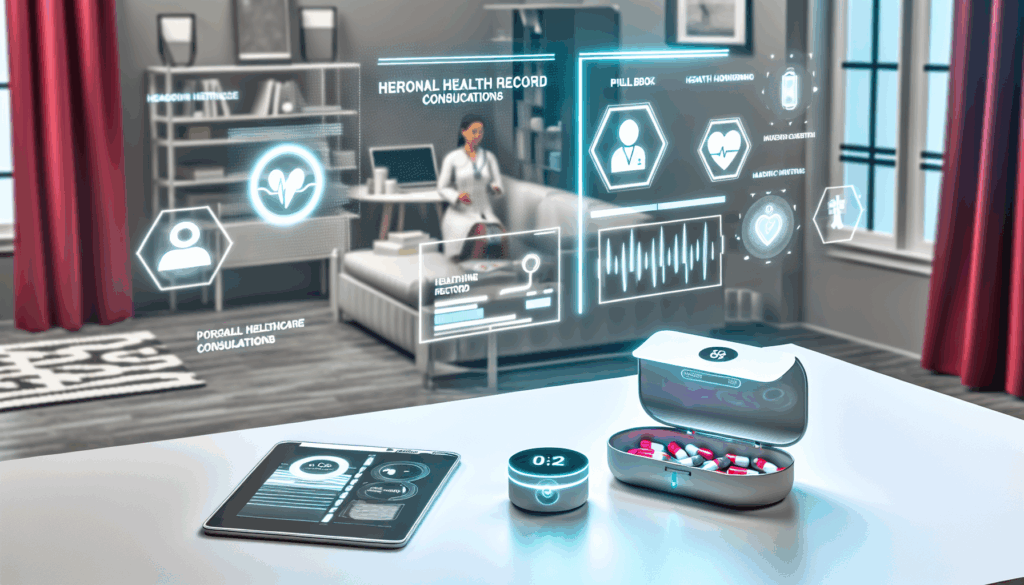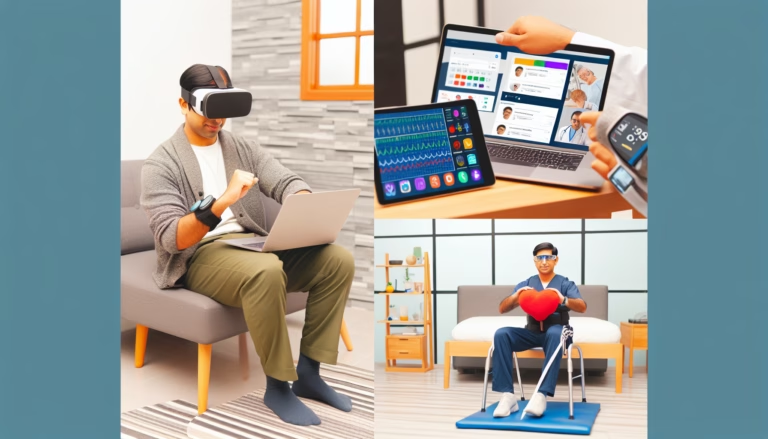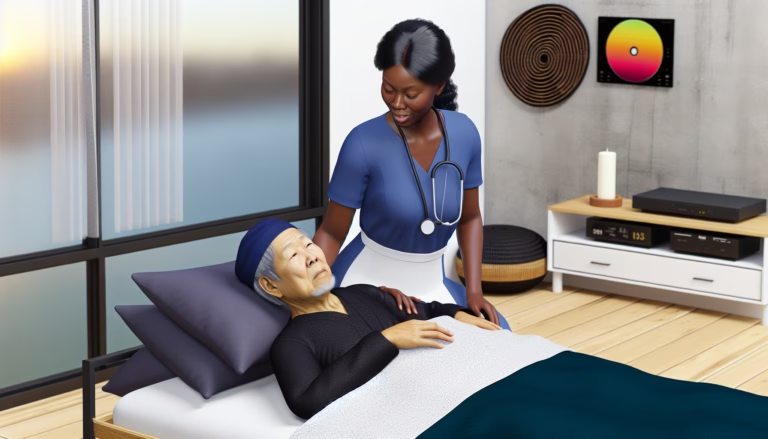With an aging population and rising life expectancy, home health care has become an essential part of our healthcare system. Now, more than ever, patients are looking to protect their independence, avoid hospital stays, and heal in the comfort of familiarity. In this article, we will explore how innovative healthcare technologies can greatly improve the quality of home health care and make a significant difference in a patient’s well-being and recovery.
Telemedicine, for one, has seen a tremendous increase in demand and usage during the recent health crisis. This technology allows patients to consult with their doctors and healthcare providers remotely, decreasing the necessity for hospital visits. It is particularly useful for monitoring chronic conditions such as diabetes, hypertension, and heart diseases. With telemedicine, patients can speak to their healthcare providers as needed to address concerns and monitor their conditions closely without leaving home.
Besides, home health monitoring devices such as Blood Pressure monitors, Pulse Oximeters, and Electrocardiograms (ECGs) are becoming more accessible, affordable, and simpler for patients and caregivers to use at home. These devices not only provide comfort and convenience for patients but also enable the early detection of abnormal health conditions. They allow patients to take proactive steps in managing their health before the conditions exacerbate.
Another breakthrough in home health care revolves around medication management. The use of smart pillboxes that can remind patients to take their medicine on time, or even dispense the correct dose on a set schedule, helps to reduce human error and ensure medication compliance. This is particularly beneficial for elderly patients or those managing complex medication schedules.
You can’t rule out the role of the Internet of Things (IoT) in transforming home health care. The use of IoT technology in wearable devices and embedded home systems helps in collecting health data in real-time. This assists health professionals in tracking the patient’s health status closely, which in turn aids in early diagnosis and preventive measures.
Further, the emergence of personal health records (PHR) apps presents another leap for home health care. PHR apps allow patients to easily access, manage, and share their health data from one central location. This empowers patients in managing their health and facilitates effective consultations with healthcare providers.
It is evident that technology has brought tremendous benefits to the home health care field, making it more personalized, patient-friendly, and efficient. However, it is crucial to remember that embracing these technologies should go hand-in-hand with patient education and support. As we move towards a digitally advanced healthcare future, we must ensure that everyone in the health community – providers, patients, and caregivers – understand how to use these tools effectively to gain maximum benefits.
The evolution of home health care through technology truly promises a future where everybody, irrespective of their geographic location or physical limitation, can have access to quality healthcare right at the comfort of their homes. The transformation already underway is just the beginning, and the road ahead is excitingly promising!



